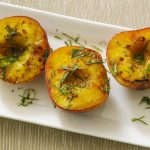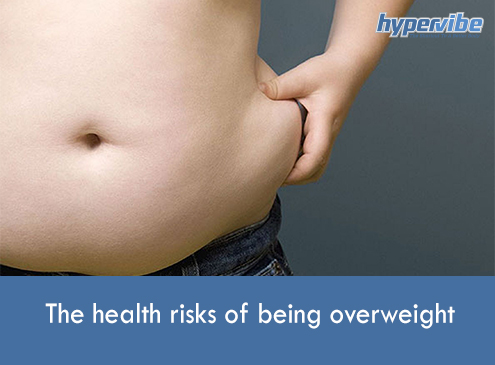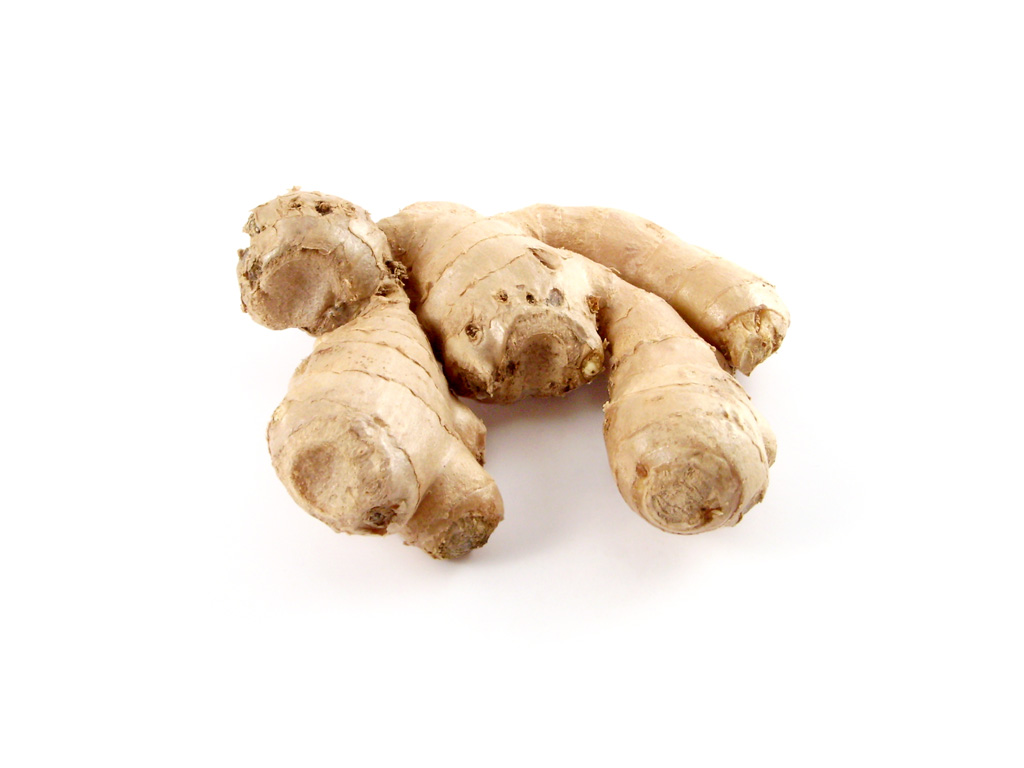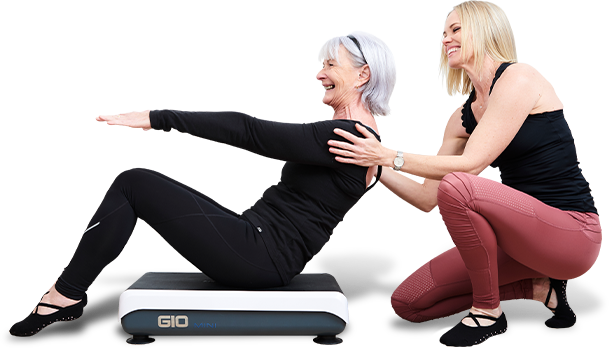3 alternatives to coffee for your morning energy boost
Tasty and rich in antioxidants, coffee is my first option for a quick energy fix, and an element that can’t miss in my morning routine. According to the Australian Health Survey: Nutrition First Results – Food and Nutrients, 2011-12, nearly half of the population consumes coffee and substitutes, one in three people aged 19-30 and two in three people aged 51-70 consuming caffeinated beverages. The average amount of coffee drunk daily is 330 ml, 66% of the cups of coffee consumed by Australians being prepared with instant powder.
Statistics from the USDA show that women consumed just as much coffee as men, and the average amount of cups drunk per day is 3.2 among drinkers. The most popular and ingested of all psychoactive substances out there, caffeine is consumed for increasing alertness, focus and wakefulness. Most drinkers consume coffee during breakfast hours (65%), and 30% drink the beverage between meals.
Some say they drink coffee while out and about, because it helps them relax while spending time with friends or alone, and others consume the beverage to get things done in a more efficient manner, because it helps them focus and think clearly. Highly addictive, caffeine can cause unpleasant symptoms upon withdrawal, such as headaches, tremor and fatigue, but too high doses can lead to unwanted side effects as well. Some of the potential side effects of exaggerated coffee consumption include anxiety, dizziness and acid reflux.
So what can you do if you no longer want to rely on coffee when your energy drops and need a quick fix? One option is to replace it with a beverage that contains less caffeine; given below are some alternatives to coffee that can boost your energy levels while helping you avoid caffeine overdose.
1. Ginkgo Biloba
A herbal extract used in traditional Chinese medicine for a variety of health purposes, Ginkgo Biloba is a powerful natural antioxidant that improves blood flow to the brain and enhances focus, memory and cognitive speed. Although there’s no doubt that the compounds contained by this plant can have positive effects on the body, thank to their anti-inflammatory properties, and to the ability to protect cell membranes, studies seem to suggest that Ginkgo Biloba doesn’t lead to significant improvements in memory problems caused by conditions like Alzheimer’s or dementia, as it was once believed.
Yet, this doesn’t mean you can’t use the herbal extract for other purposes, such as increasing your focus and overall well-being. The plant acts as a vasodilator, so it contributes to a better delivery of oxygen and nutrients to all your cells, higher energy levels and better concentration.
Although there’s no standard recommendation for daily Ginkgo Biloba supplements consumption, most studies on the effects of this plant on cognitive function have used between 120 mg and 600 mg of extract daily, so you can start at a lower does if you plan to take this supplement as a replacement for caffeine. And don’t forget to get advice from your doctor before taking the supplements.
2. Green tea
A cup of green tea contains about 25-45 mg of caffeine, a lot less than a cup of coffee, and it comes with other health properties. The naturally occurring polyphenols are strong antioxidants that help protect your cells against the harmful effects of free radicals.
The plant is also known to improve blood flow and to lower cholesterol levels, and studies suggest it is beneficial in treating cardiovascular problems like high blood pressure or congestive heart failure. According to a study published in the journal Stroke: Journal of the American Heart Association, drinking green tea regularly is associated with a reduced risk of stroke.
3. Lemon water
Often when you’re feeling sluggish and groggy, it’s because you’re dehydrated and your body tries to tell you that you need to drink more water. Adding some drops of lemon juice to a glass of water can invigorate your body and give your metabolism a boost for more efficient energy production. By adding lemon water to your daily menu you’ll feel more energized, and this refreshing and cleansing drink has no caffeine, so it’s a healthy and easy to prepare coffee alternative.
Besides reducing tiredness and hydrating you, lemon juice aids digestion by stimulating the production of stomach acid, and it protects your body against disease thanks to its high content of phytonutrients. These substances are natural antioxidants that prevent oxidation and cell damage. Finally, lemons are a great source of vitamins, especially vitamin C, which is also involved in protecting cells from damage.
Have something to add to this article? Comment below or join our Facebook community and share your thoughts with us there!















